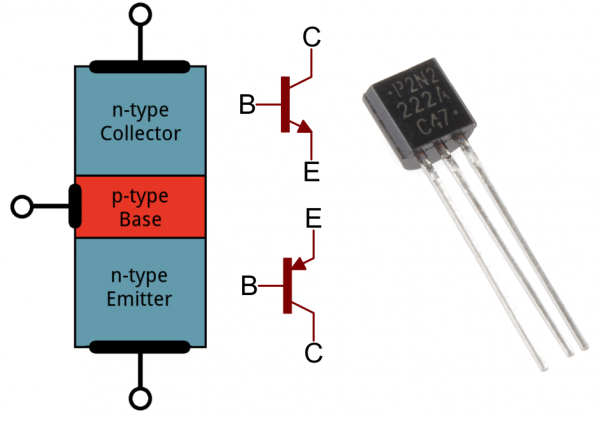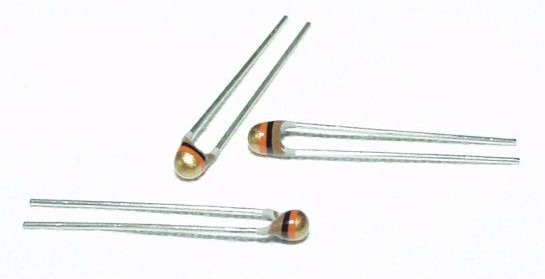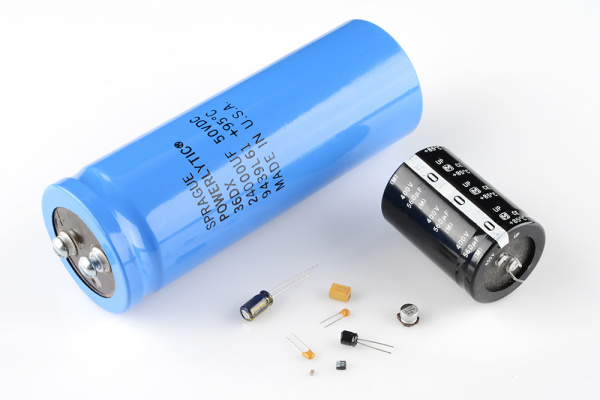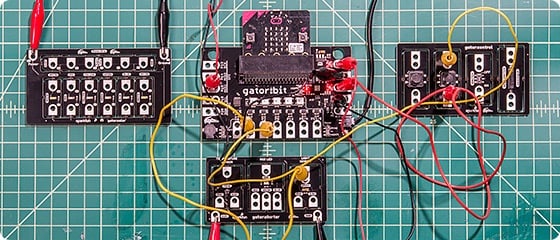Honored with a spot on IEEE’s Milestone’s list, transistors changed the world of electronics, making smaller and cheaper electronics possible. Even though they control just about every modern ...
Continue reading
Everything worth measuring has a unit of measurement associated with it. In the US, we use inches and feet to measure how tall something is, pounds and ounces to measure how much something weighs and ...
Continue reading
Printed circuit boards, or PCBs, are so fundamental in electronics, that people often forget to explain what they are. Here, we’re going to break down the mystery and explain what they are, how ...
Continue reading
A large part of why I undertook this “What is a…” series around electronic components is because I wanted to better understand these components myself. Up until this point, the pieces that have been ...
Continue reading
Circuits are the basis of electronics, so, let’s take a few moments to break them down and discuss what they actually are. A circuit is a loop through which current can flow. A power source, such as ...
Continue reading
Capacitors are used to store energy. But they aren’t batteries. So what are they used for and how do they work?...
Continue reading
One of the most elementary and easy-to-overlook circuit component is the switch. Switches don’t require any fancy equations to evaluate. All they do is select between an open circuit and a short ...
Continue reading
A servo, short for servomechanism or servomotor, is a simple mechanism that adds movement to any electronics project. This useful motor, originally found in remote-controlled cars and airplanes, is ...
Continue reading
The SparkFun gator:board ecosystem is an amazing set of development and prototyping boards for students. The ecosystem interfaces with the micro:bit and all electrical connections are accessible via ...
Continue reading
If you want to create a project with a variable element - such as light or sound- chances are, you’re going to need a potentiometer. But what is a potentiometer and how do they work?...
Continue reading






